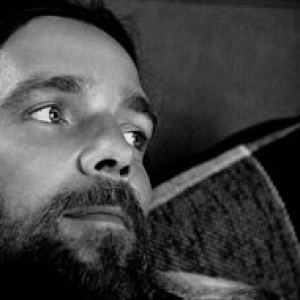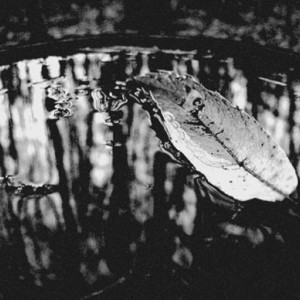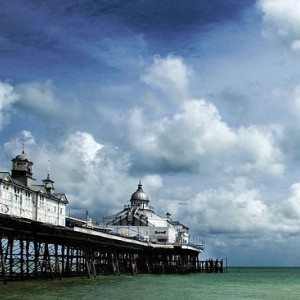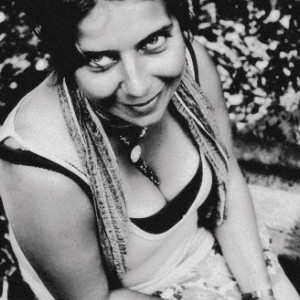- from United Kingdom
- 3 entries
-

- Gift a Membership
I'm no expert, but what is it with photography?
The idea for example that it ought to be all about clarity and an unblemished expanse of noiseless imagery? Or that blown highlights are the world's greatest sin? Pah!
It's like condemning impressionism for the same reasons. But herein Read more...
I'm no expert, but what is it with photography?
The idea for example that it ought to be all about clarity and an unblemished expanse of noiseless imagery? Or that blown highlights are the world's greatest sin? Pah!
It's like condemning impressionism for the same reasons. But herein lies a little dichotomy. I often hear people say that photography is not about technical ability, but about the feeling, the art, the passion! Yes, that is true. I hear others say that good photography is about good technical skills and yes, this also is true. Each to his own then?
No, not really.
There is a point of convergence in any creative endeavour where the mastery of the technical aspects of the pursuit meet the artist's soul and the result is then truly pleasing. Not pleasing in one way or the other where we marvel at either the perfect clarity and exposure, or the raging passion of the composition; but where the both are understood and felt simultaneously, heart and mind in concert. To be technically fixated is exactly what is required for textbooks, and of course it will take you so far as a photographer, but no further. On the other hand, art with no technical understanding can be truly hopeless; it is like being the world's greatest driver but not owning a car; and to be the artist and nothing else is like owning a Ferrari and not knowing how to drive. You want both.
The technical stuff is the easy stuff. If you're dedicated to the pursuit of it, you can master the interrelationship of aperture and exposure in a few months; such that you can make a pretty good guess at how you'll proceed. In real terms this doesn't make you a better photographer, just a more efficient one. I've read the theory that to be a good photographer you need to take a lot of pictures: I don't see that; rather to be a good learner you need to take a lot of pictures; to be a good photographer you need to recognise that the photo you're about to take is going to work out before you even raise the camera up and then you need to know how to take the shot so that you only need a single exposure to capture the picture you saw in your mind's eye. That's the efficiency implicit in being technically proficient; where once you needed 10 shots to have a hope of getting one right, now you only need one, or maybe two. But the efficiency only works for the scientist, not the artist.
So much of what you learn about photography has nothing to do with taking photographs either. In the early days you walk around trying to see something and then taking a bunch of shots and hoping that one of them will work out and maybe, it will. Then eventually you take that mindset a step further and say, this is the picture I want; there's no sense in wandering about and hoping that I find it; instead you make it, although not in some false and contrived manner. Is an artist contrived because he sits a model down and begins to paint? Or because he walks to this particular landmark and sets up his easel?
Once all of that is understood, you can happily blow highlights (deliberately of course) and introduce a blur if it resonates somewhere in your soul. That is the art and science of photography all together. And while the science you can learn in a few weeks; the art will keep eluding you for the rest of your life; and personally, I thank the Universe for that and curse it a little at times too.



